The allure of owning something unique and extraordinary drives many animal enthusiasts to consider exotic pets. From colorful reptiles and unusual birds to small primates and big cats, the exotic pet trade encompasses a vast array of non-domesticated species. However, behind the appeal of these fascinating creatures lies a complex web of ethical, environmental, health, and welfare concerns. The question of whether exotic animals should be kept as pets extends far beyond personal preference, touching on issues of conservation, animal rights, public safety, and responsible stewardship. This article explores the multifaceted debate surrounding exotic pet ownership, examining arguments from various perspectives while considering the welfare of both the animals and the broader ecosystems they belong to.
Defining Exotic Pets: What Makes an Animal “Exotic”?
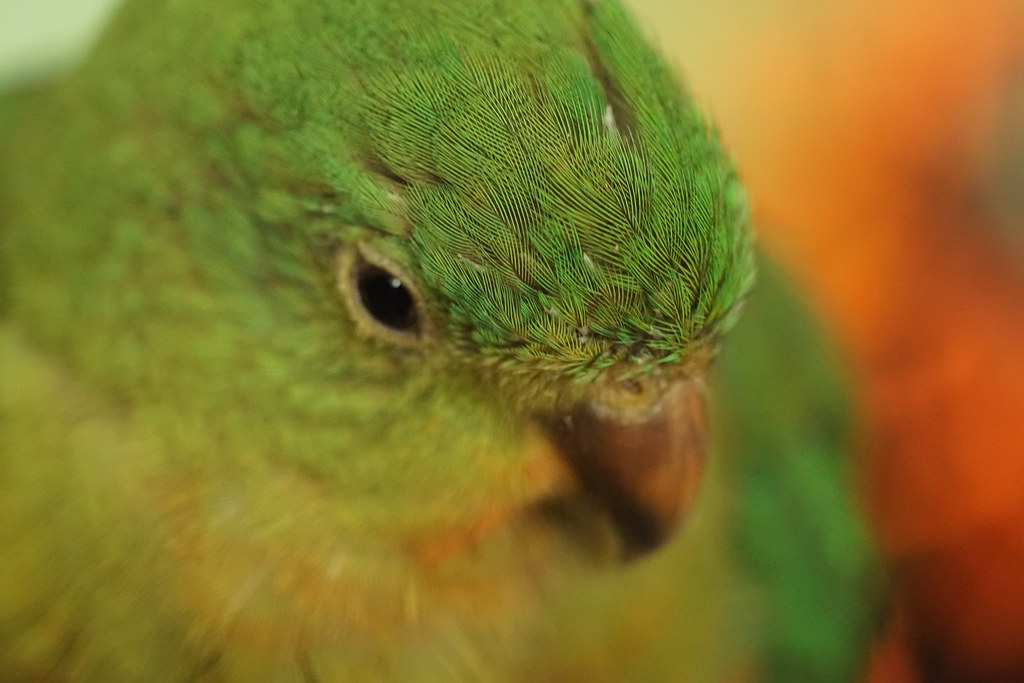
The term “exotic pet” generally refers to wild, non-native species kept for companionship or display rather than utility purposes. These animals haven’t undergone the centuries-long domestication process that has adapted dogs, cats, and traditional farm animals to life alongside humans. While definitions vary across jurisdictions, exotic pets typically include reptiles, amphibians, certain birds, non-domestic cats, primates, and other wildlife that wouldn’t naturally be found in the keeper’s geographic region. The classification can sometimes be confusing, as some relatively common pets like ferrets or hedgehogs may be considered exotic in certain areas due to local regulations or their natural history. Understanding what constitutes an exotic pet is crucial because these classifications often determine the legal framework governing their acquisition and care.
The Appeal: Why People Choose Exotic Pets
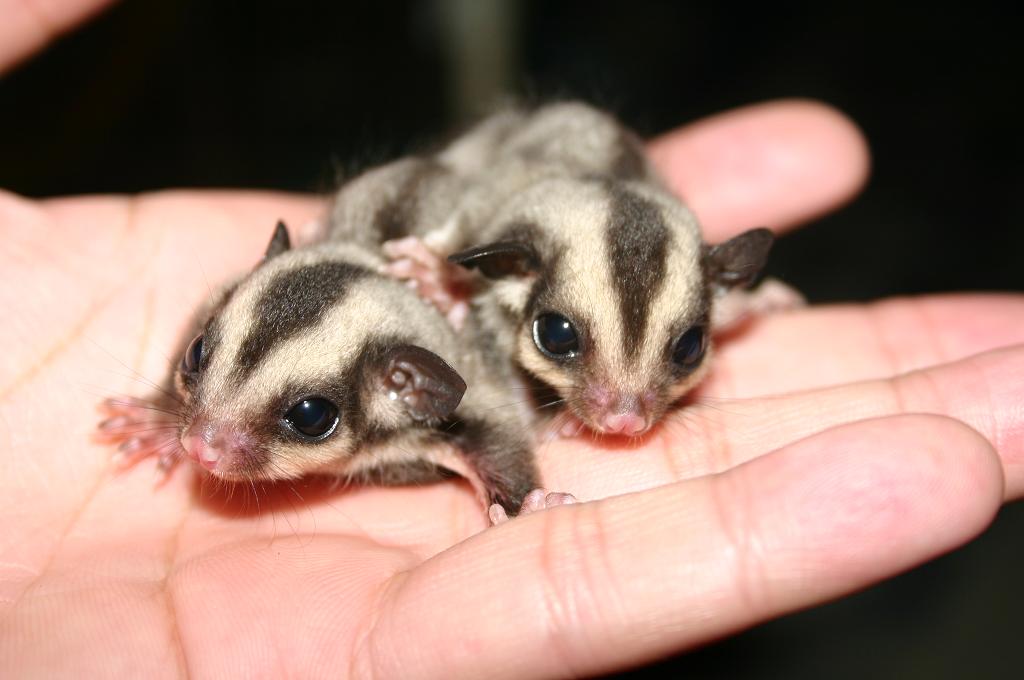
The motivations behind exotic pet ownership are diverse and complex, often extending beyond the simple desire for companionship that drives traditional pet ownership. For many enthusiasts, exotic animals represent a connection to the wild world that feels increasingly distant in our urbanized society. The uniqueness factor plays a significant role—owning a sugar glider, python, or kinkajou sets one apart from the millions of dog and cat owners. Some keepers are genuinely passionate about conservation and education, using their animals in outreach programs to teach others about wildlife diversity. Others are attracted by the challenge of successfully maintaining specialized environments and meeting the complex needs of unusual species. The status symbol aspect cannot be ignored either, as rare or dangerous animals sometimes serve as living displays of wealth and power for their owners.
Animal Welfare Concerns: Are Exotic Animals Suited for Captivity?
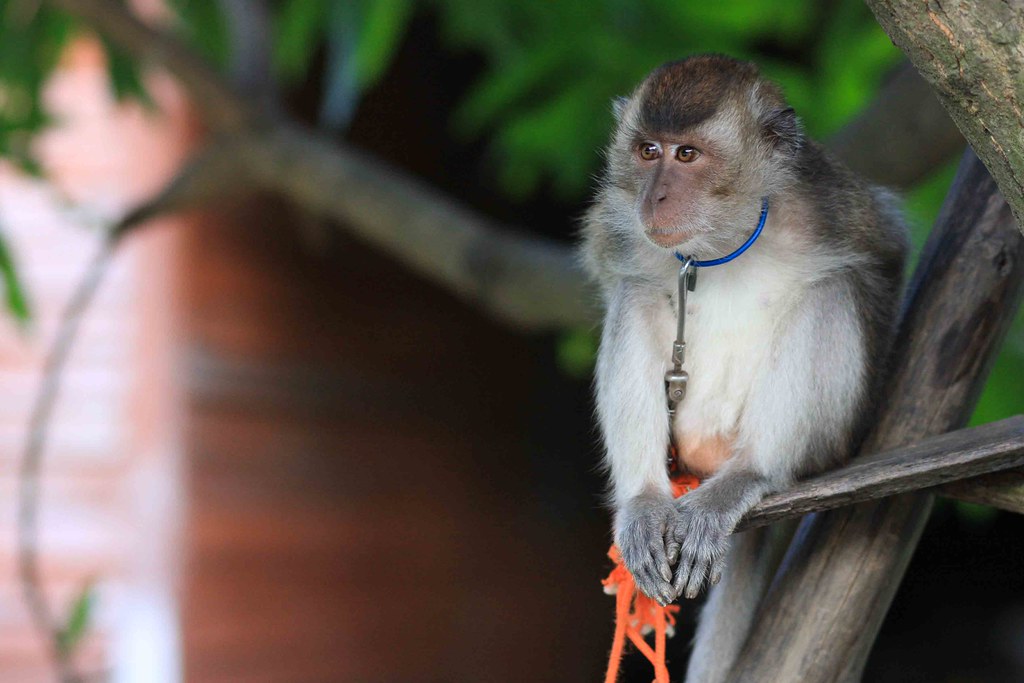
Unlike domesticated species that have evolved alongside humans for thousands of years, exotic animals retain wild instincts and behavioral needs that can be extremely difficult to satisfy in captivity. Many species require specialized diets, precise environmental parameters, complex social structures, and vast territories that are nearly impossible to replicate in home settings. Even the most well-intentioned owners often cannot provide the space and stimulation needed by animals like big cats, primates, or large birds, leading to serious welfare issues including stereotypic behaviors (repetitive movements indicating psychological distress), self-mutilation, and health problems. Exotic animals in captivity frequently suffer from malnutrition, as their precise dietary requirements may be poorly understood or difficult to meet. The fundamental question emerges: is it ethical to keep animals whose evolutionary adaptations and natural behaviors cannot be adequately accommodated in captive settings, regardless of an owner’s dedication?
Public Health and Safety Risks
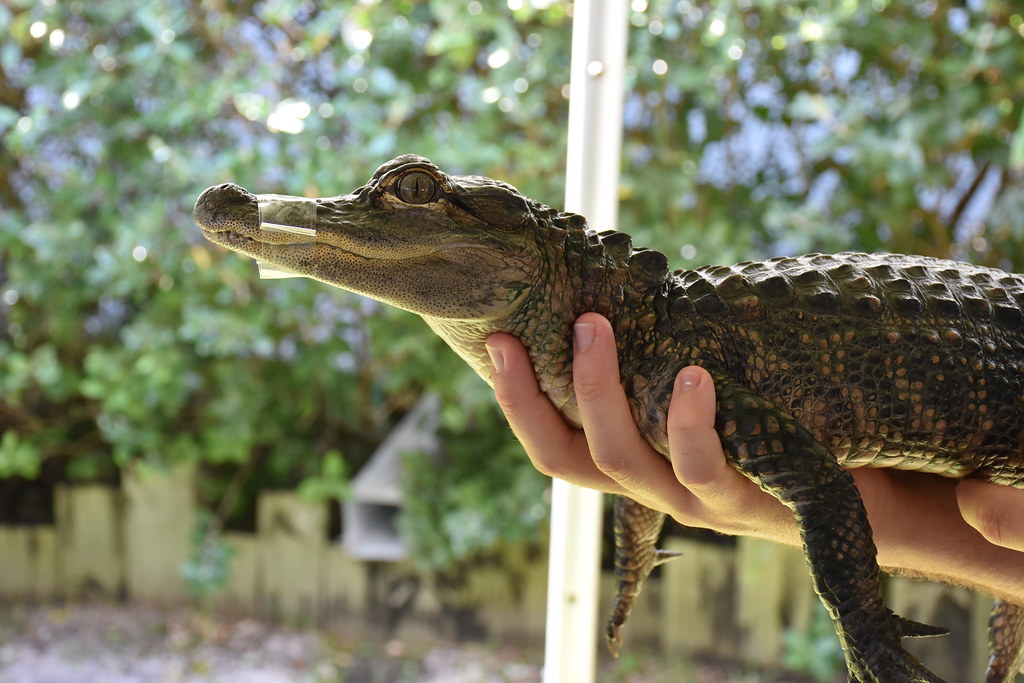
Exotic pet ownership introduces significant risks to public health and safety that cannot be overlooked in this debate. Zoonotic diseases—those that can be transmitted from animals to humans—represent a serious concern, with notable examples including salmonellosis from reptiles, herpes B virus from macaques, and various parasitic infections from numerous species. The COVID-19 pandemic has further highlighted the potential dangers of wildlife trafficking and close contact between humans and wild animals. Beyond disease transmission, many exotic pets pose direct physical dangers through bites, scratches, constriction, or venom. Even smaller species can cause serious injuries, while escapes of larger predators have resulted in human fatalities. The unpredictable nature of wild animals, particularly during breeding seasons or when reaching sexual maturity, means that even animals raised from infancy can suddenly exhibit dangerous behaviors their owners are unprepared to handle.
Environmental Impact: Conservation Implications
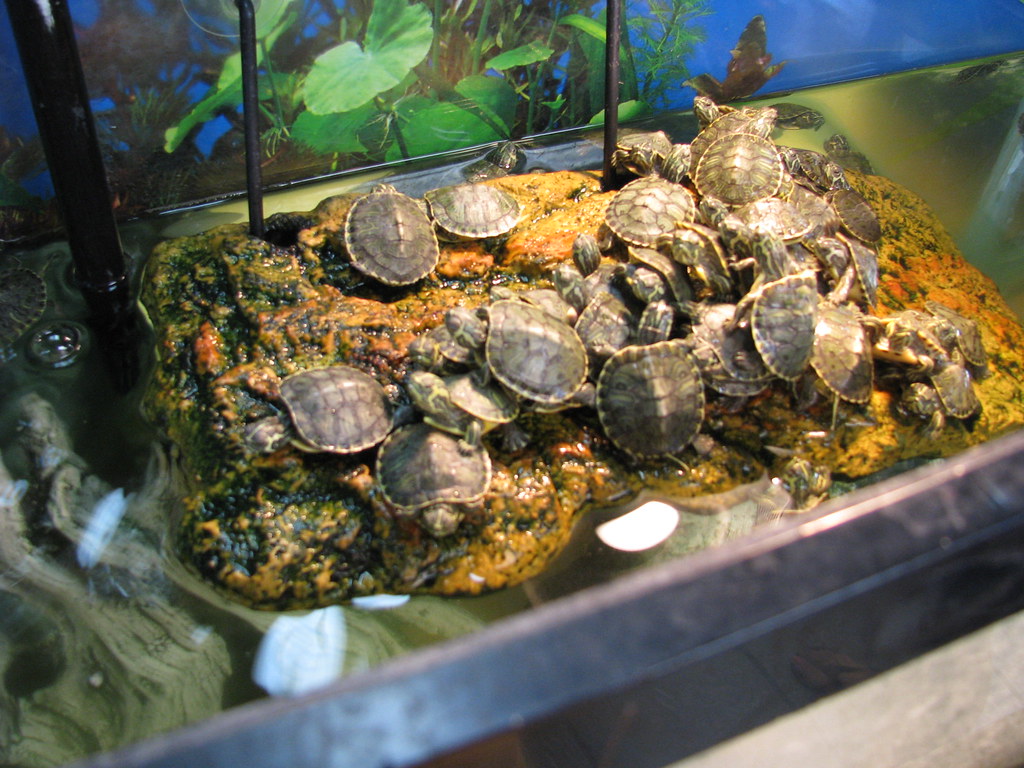
The exotic pet trade has profound implications for wild populations and ecosystems worldwide, creating a conservation dilemma that extends far beyond individual ownership decisions. Collection for the pet trade has devastated wild populations of numerous species, with examples including various parrot species, freshwater turtles, and rare reptiles targeted for their colorful patterns or unique features. Even when animals are captive-bred, the industry can still fuel demand that increases pressure on wild populations through illegal trafficking channels. Escaped or released exotic pets represent another serious concern, as they can establish invasive populations that threaten native wildlife and disrupt ecosystems. The Florida Everglades provides a sobering example, where released Burmese pythons have decimated native mammal populations, creating a virtually irreversible ecological crisis. Conservation scientists increasingly emphasize that responsible wildlife management must consider these broader ecological impacts beyond simple questions of individual animal welfare.
Legal Landscape: Regulations Governing Exotic Pet Ownership
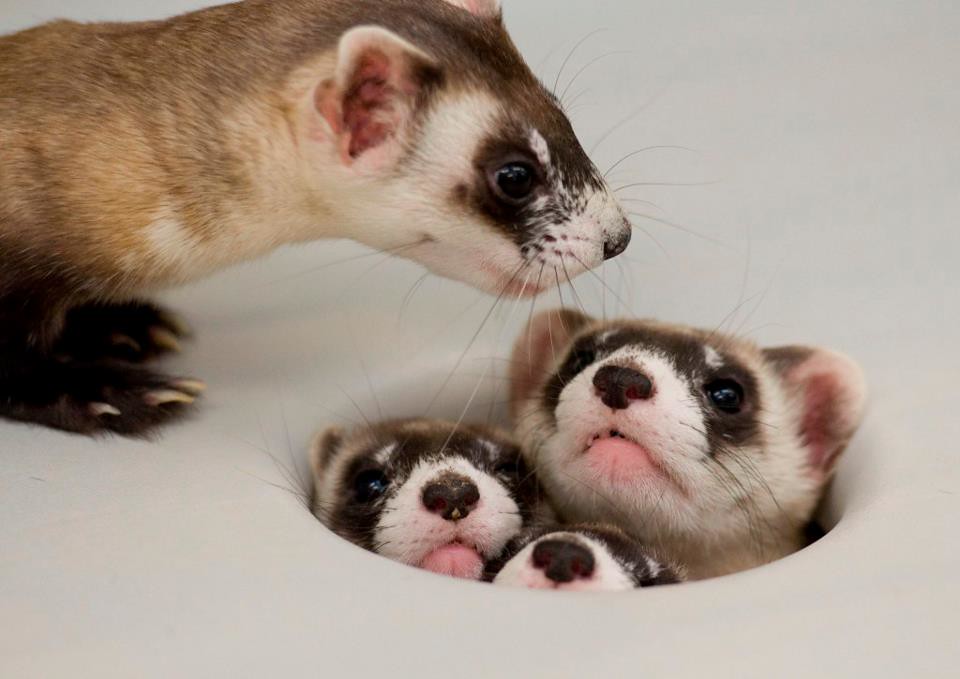
The regulatory framework surrounding exotic pet ownership varies dramatically across different countries, states, and municipalities, creating a patchwork of laws that can be difficult for potential owners to navigate. Some jurisdictions have implemented comprehensive bans on exotic pet ownership, while others maintain permit systems requiring owners to demonstrate proper facilities and knowledge before acquiring certain species. The federal government in the United States regulates some aspects through laws like the Endangered Species Act and the Lacey Act, but much authority remains with state and local governments, resulting in significant inconsistencies. Enforcement presents another challenge, as wildlife officials often lack the resources to monitor compliance effectively, and underground markets thrive in areas with stricter regulations. This regulatory complexity can create situations where exotic pet owners unknowingly violate laws or where animals are confiscated, creating additional welfare challenges for the animals involved.
The Ethical Dilemma: Rights of Animals vs. Rights of Owners
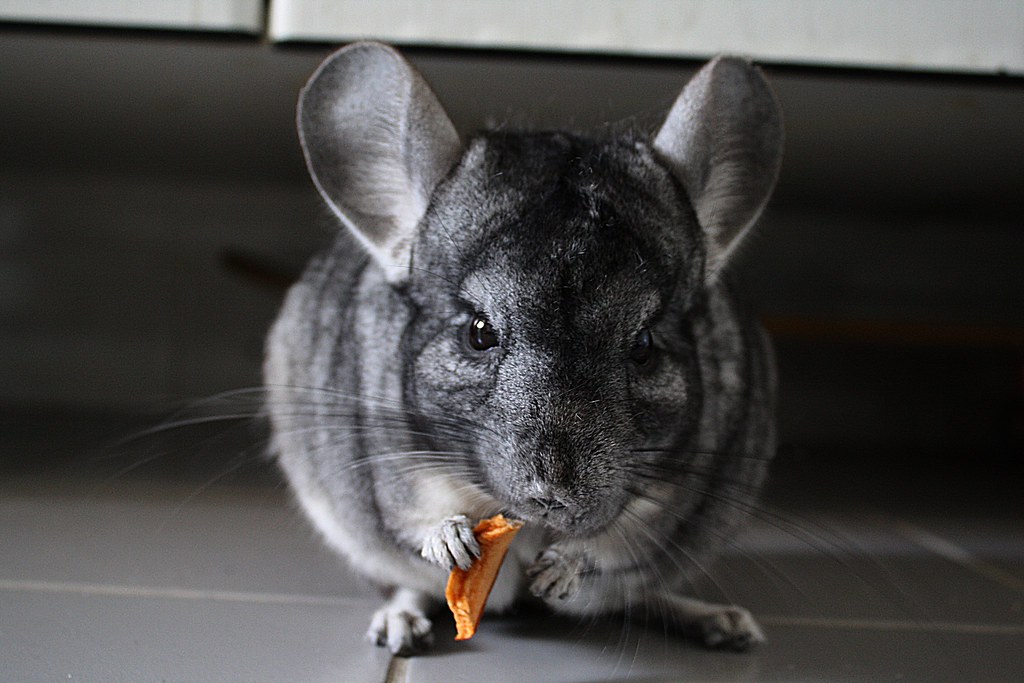
At its core, the exotic pet debate raises fundamental ethical questions about the relationship between humans and wild animals. Animal rights advocates argue that keeping wild animals primarily for human entertainment or companionship fails to respect their intrinsic value and autonomy as sentient beings with complex needs and natural behaviors. They contend that the frequent suffering of exotic pets, even under the best care circumstances, makes the practice fundamentally problematic. Conversely, proponents of responsible exotic pet ownership emphasize human liberty and property rights, arguing that informed individuals should be able to keep any animal they can properly care for. Some also highlight the educational value and conservation potential of private ownership. This ethical tension extends beyond individual animals to questions about species preservation, as some private breeders maintain populations of endangered species that might otherwise disappear, though critics question whether these captive populations truly contribute meaningfully to conservation.
The Responsible Owner: What Proper Exotic Pet Care Entails
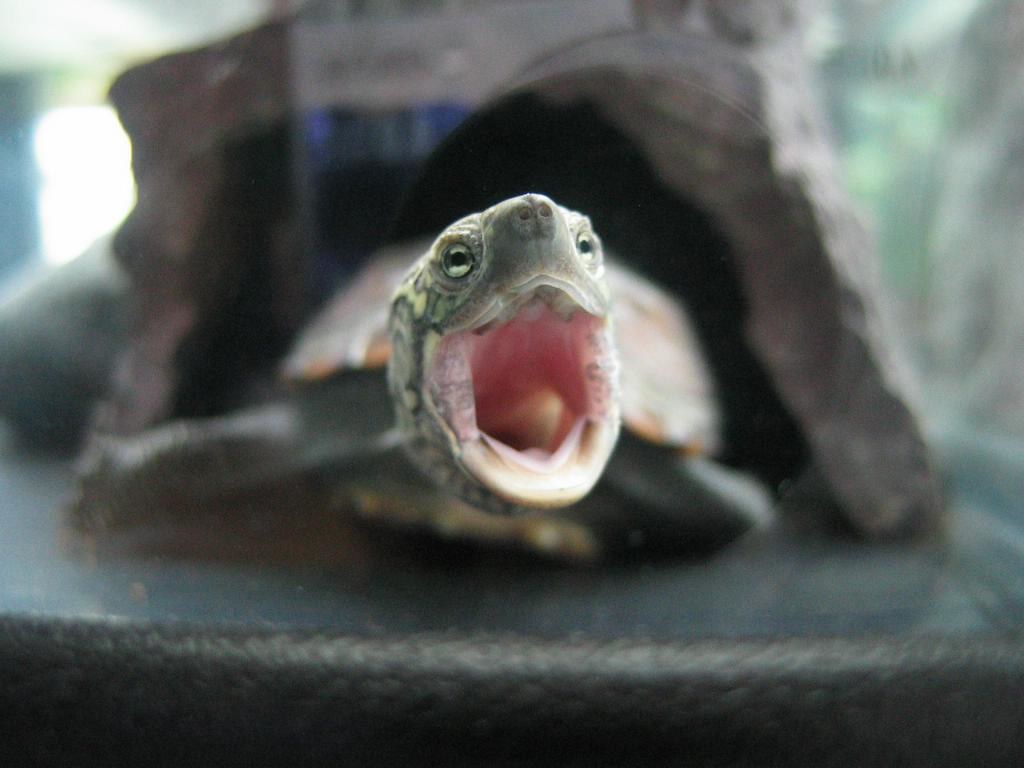
For those who do keep exotic pets legally, responsible ownership demands extraordinary commitment, knowledge, and resources that far exceed those required for conventional pets. Prospective owners must thoroughly research their chosen species’ natural history, behavior, dietary needs, environmental requirements, lifespan, and common health issues—ideally before acquisition. Substantial financial investment is necessary not only for the initial purchase but also for specialized enclosures, temperature control systems, UV lighting, humidity regulation, and other environmental elements essential for the animal’s wellbeing. Regular veterinary care from specialists experienced with the particular species presents another challenge, as exotic animal veterinarians are not available in all communities and treatments can be expensive. Responsible owners must also prepare for the animal’s entire lifespan, which may extend several decades for species like parrots or tortoises, and develop contingency plans for the animal’s care should the owner become unable to continue providing for it.
Alternatives to Ownership: Supporting Wildlife Without Keeping Exotics
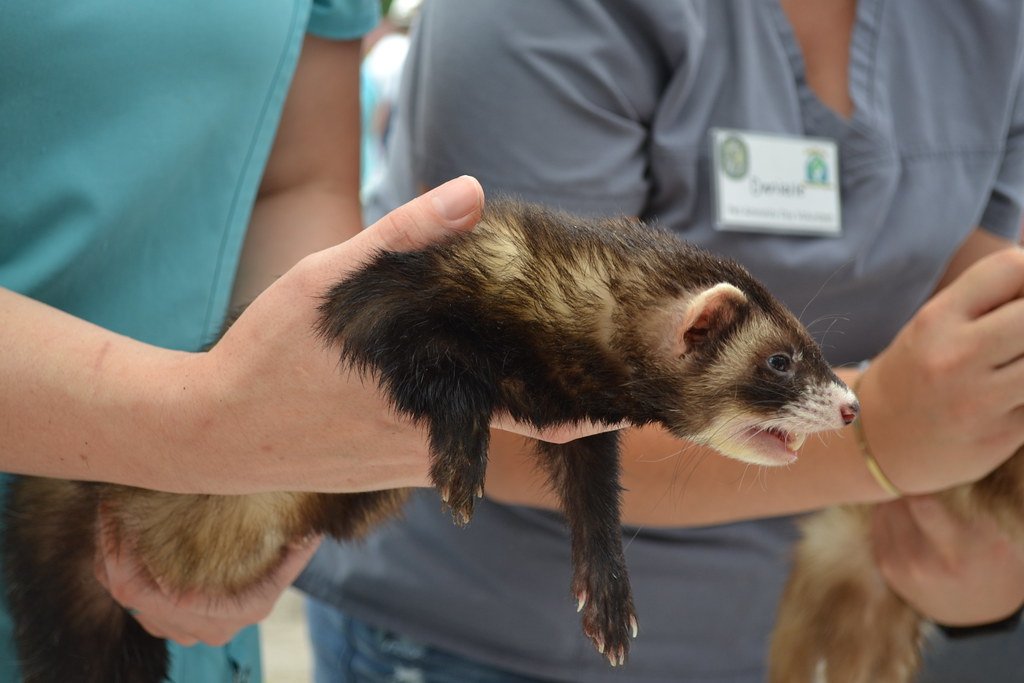
For those fascinated by exotic animals but concerned about the ethical and practical challenges of ownership, numerous alternatives exist to connect with wildlife while supporting conservation. Visiting accredited zoos, wildlife sanctuaries, and rehabilitation centers offers opportunities to observe exotic species in professionally managed environments designed with animal welfare as a priority. Many such facilities offer volunteer programs or behind-the-scenes experiences that provide deeper engagement with the animals. Financial support of legitimate conservation organizations working to protect species in their natural habitats represents another meaningful way to connect with wildlife conservation efforts. For those specifically interested in hands-on animal care, fostering domestic animals through local shelters, volunteering with wildlife rehabilitation centers that work with native species, or pursuing education and careers in zoology, veterinary medicine, or conservation biology can provide fulfilling alternatives to exotic pet ownership.
Rescue and Sanctuary Challenges: When Exotic Pets Need New Homes
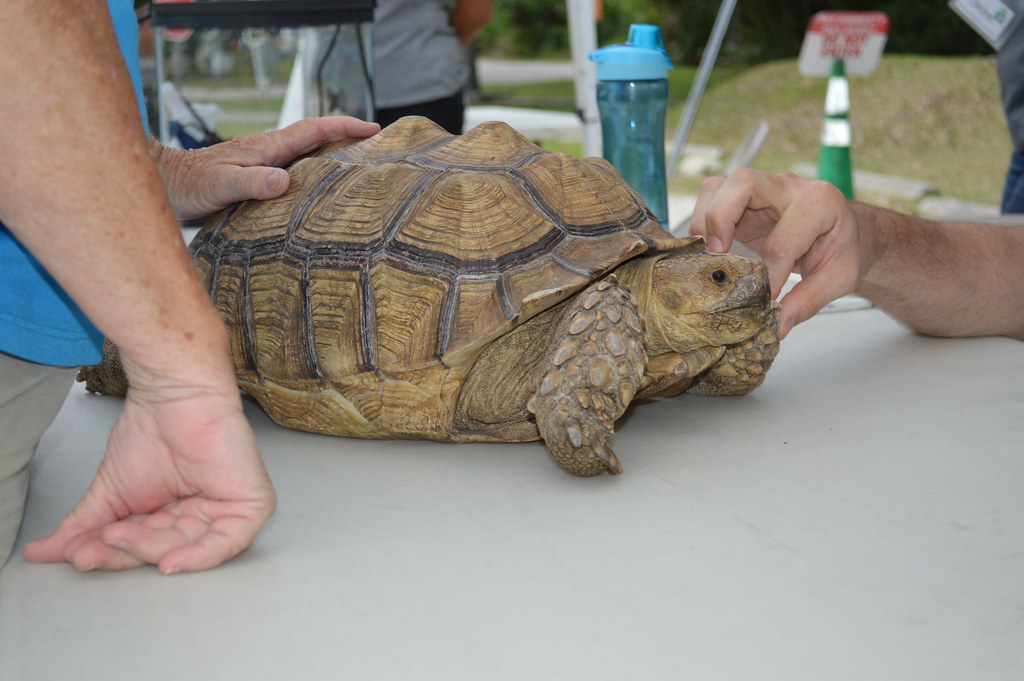
The exotic pet industry creates a significant rescue crisis that overwhelms the limited sanctuary resources available for unwanted or confiscated animals. As exotic pets mature, develop behavioral problems, grow too large, or simply outlive their owners’ interest or ability to care for them, they often require rehoming—a process complicated by their specialized needs and the limited number of qualified placement options. Legitimate sanctuaries that provide lifetime care for former exotic pets operate at capacity with waiting lists that can extend years, forcing many animals into substandard conditions or euthanasia. These sanctuaries face enormous financial burdens, as properly caring for exotic species requires specialized facilities, diets, and veterinary care far more expensive than those for domestic animals. The psychological rehabilitation of former pets presents additional challenges, as many animals arrive with behavioral issues stemming from inappropriate housing, diet, or socialization that require intensive management by professional staff.
Cultural and Historical Context: Changing Attitudes Toward Animal Ownership
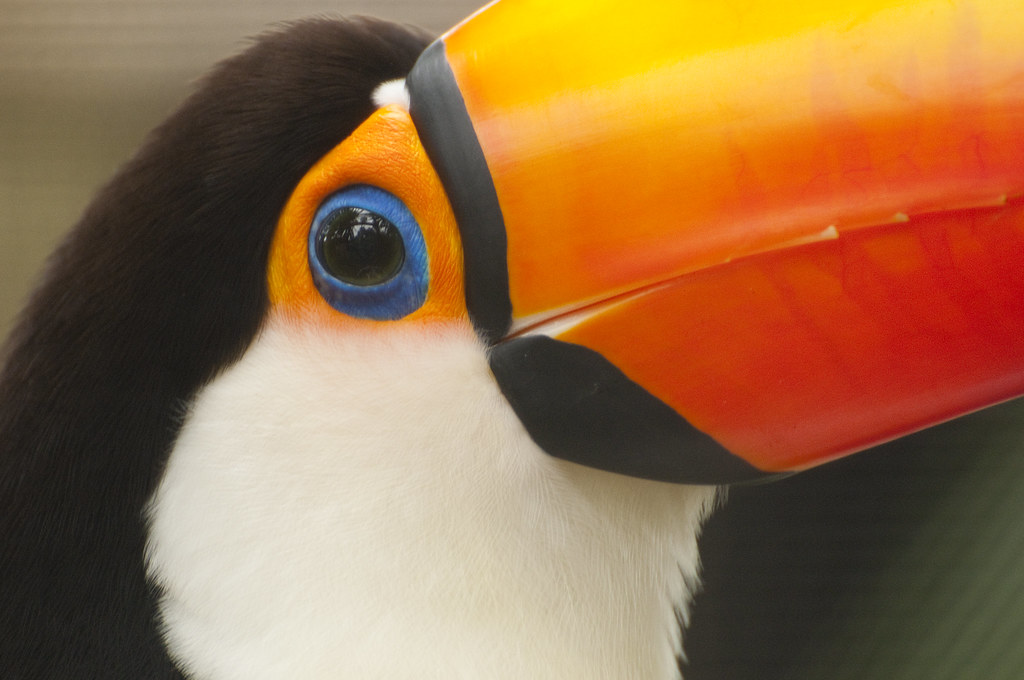
Attitudes toward exotic pet ownership have evolved dramatically throughout human history, reflecting broader shifts in our understanding of animal welfare and environmental ethics. Historically, exotic animals were primarily status symbols for royalty and nobility, with menageries of foreign wildlife demonstrating wealth and power rather than serving as companions. The modern exotic pet trade emerged in the mid-20th century alongside growing international travel and commerce, making previously inaccessible species available to middle-class consumers. Recent decades have seen increasing public concern about animal welfare and conservation issues, driven by greater scientific understanding of animal cognition, emotional complexity, and the ecological impacts of wildlife trafficking. Social media has played a dual role in this evolution, sometimes glamorizing exotic pet ownership through viral videos while also exposing poor conditions and raising awareness about welfare concerns. This cultural shift continues to influence both public opinion and policy decisions regarding which animals are appropriate companions for humans.
Future Directions: Sustainable Solutions to the Exotic Pet Debate
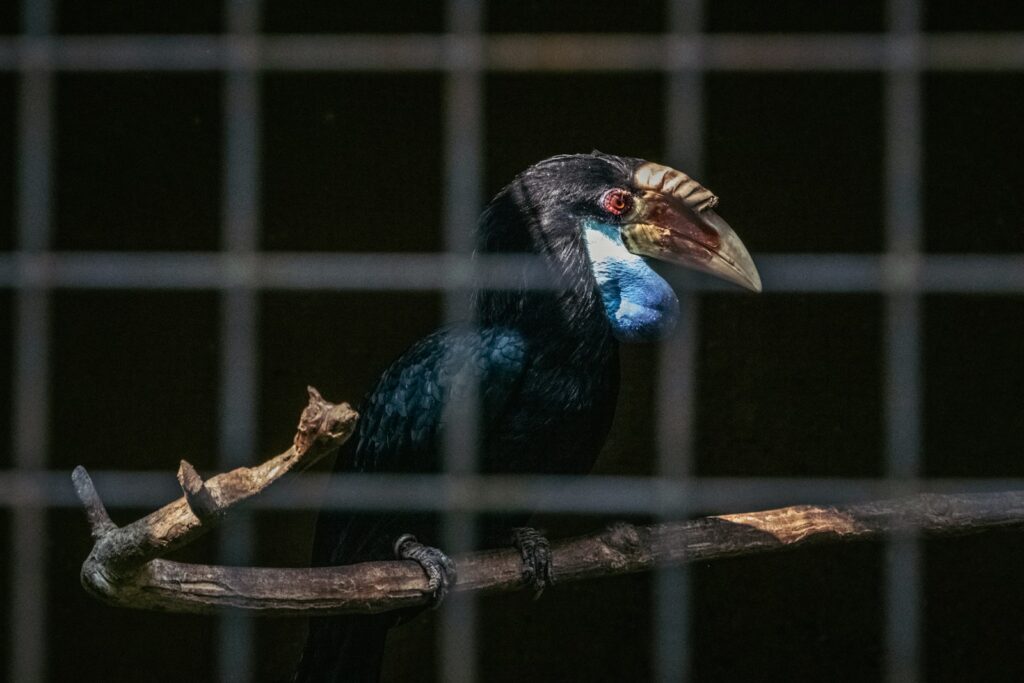
Moving forward, addressing the complex issues surrounding exotic pet ownership requires nuanced approaches that balance multiple legitimate concerns. More consistent and science-based regulations across jurisdictions would help eliminate regulatory gaps that enable problematic ownership while establishing clear standards for those species that can be kept responsibly. Enhanced education and certification requirements for prospective owners could ensure basic competency before acquisition, similar to systems used for driving or hunting licenses. Investment in sanctuary infrastructure and support systems would help address the current crisis of unwanted animals while providing humane options for animals confiscated from illegal trade. Innovative approaches to connecting people with wildlife, such as virtual reality experiences or community-supported conservation programs, might satisfy some of the psychological needs currently met through exotic pet ownership. The most sustainable solutions will likely involve stakeholders from multiple perspectives—animal welfare advocates, responsible owners, conservation scientists, and regulatory agencies—working together to develop frameworks that prioritize animal welfare and ecological sustainability while acknowledging the human desire for connection with wildlife.
Conclusion: Finding Balance in Our Relationship with Wild Animals
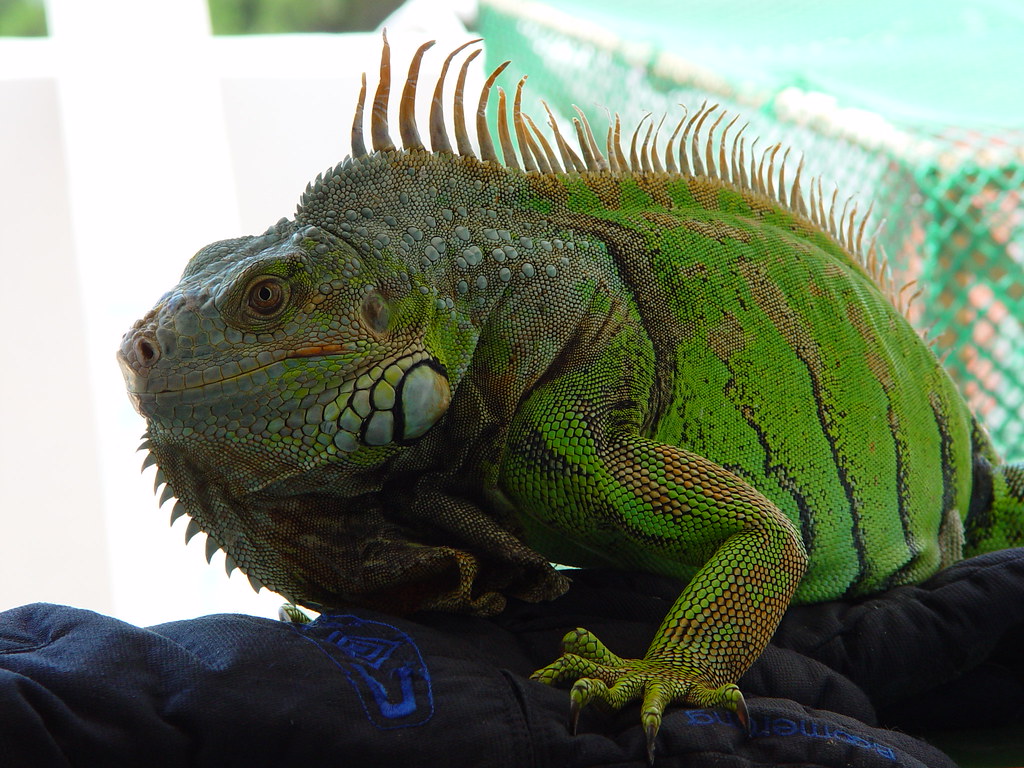
The question of whether exotic animals should be kept as pets has no simple answer, as it involves complex trade-offs between individual freedom, animal welfare, public safety, and conservation priorities. What becomes increasingly clear, however, is that the status quo—with its patchwork regulations, welfare concerns, and conservation impacts—requires thoughtful reconsideration. While some exotic species may be suitable for private ownership under specific conditions with appropriate oversight, many others cannot thrive in captivity regardless of an owner’s intentions or resources. Moving forward requires honest acknowledgment of both the legitimate human desire to connect with wildlife and the ethical responsibility to prioritize animal welfare and ecosystem health. Perhaps the most constructive approach lies not in absolute positions but in developing more sophisticated frameworks that carefully distinguish between species based on their adaptability to captivity, conservation status, and welfare needs—allowing for responsible ownership of appropriate species while prohibiting the keeping of those fundamentally unsuited to life as companions to humans.
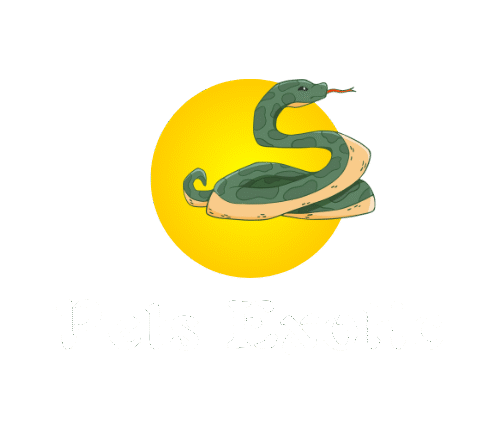
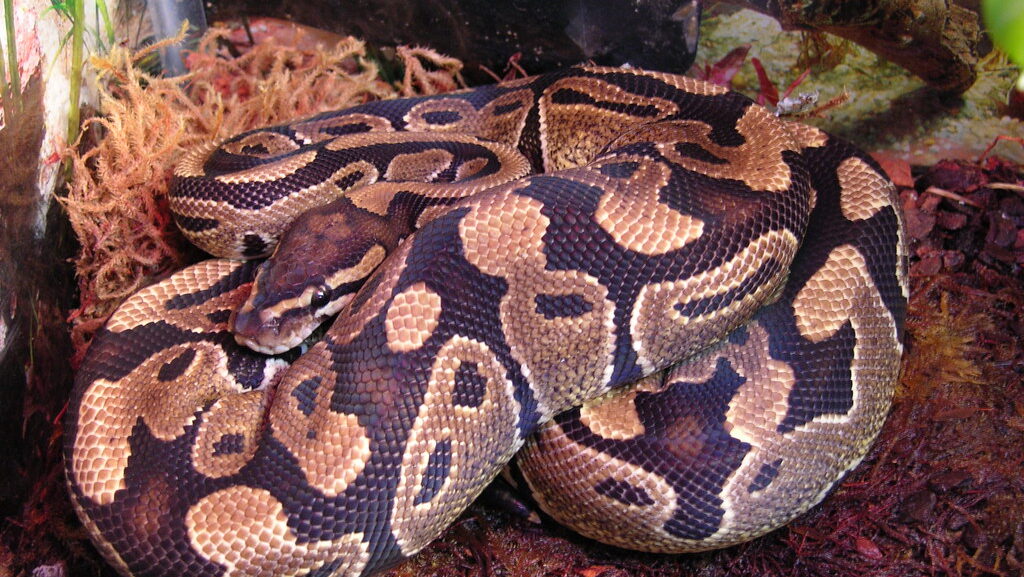
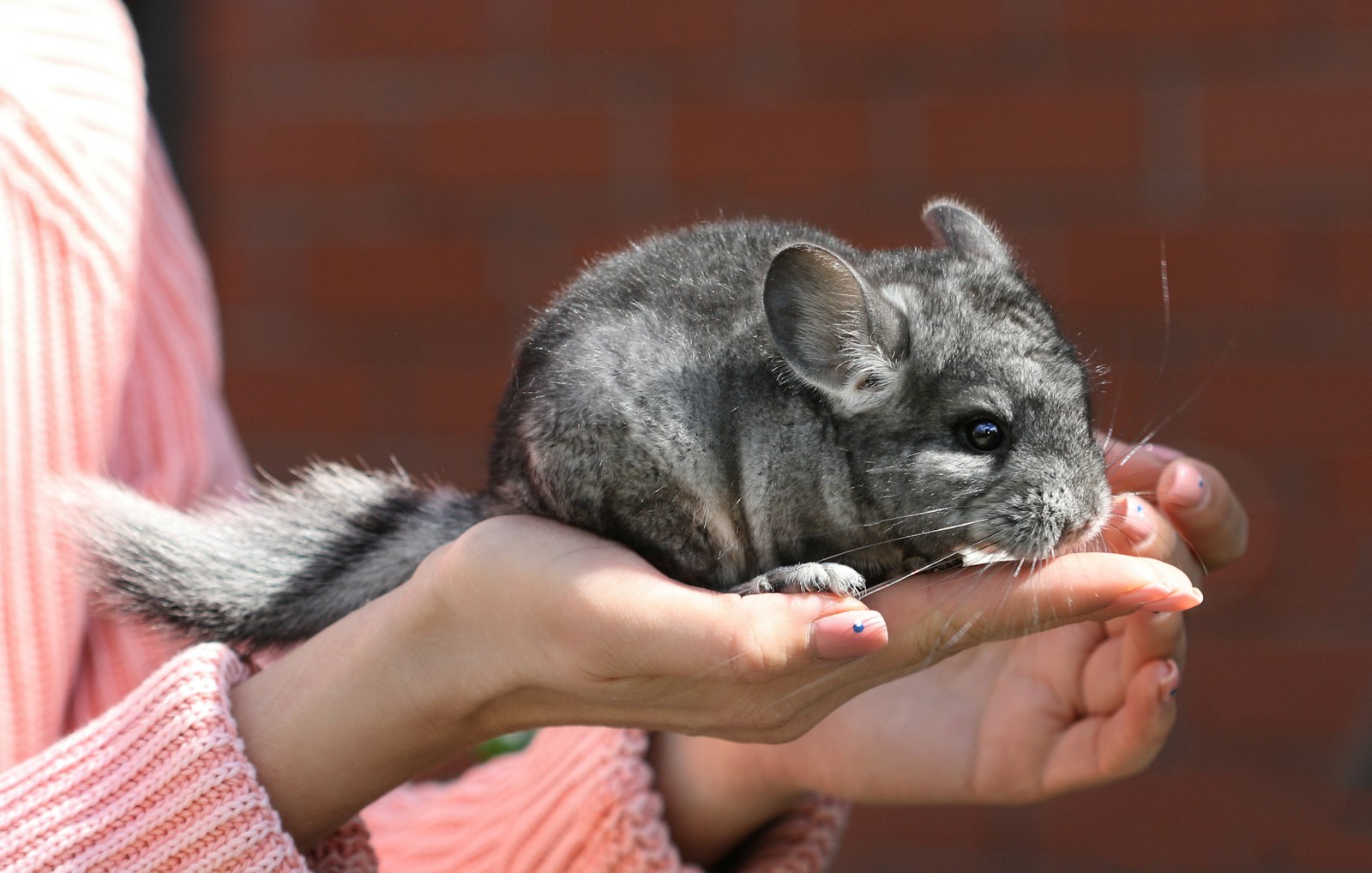
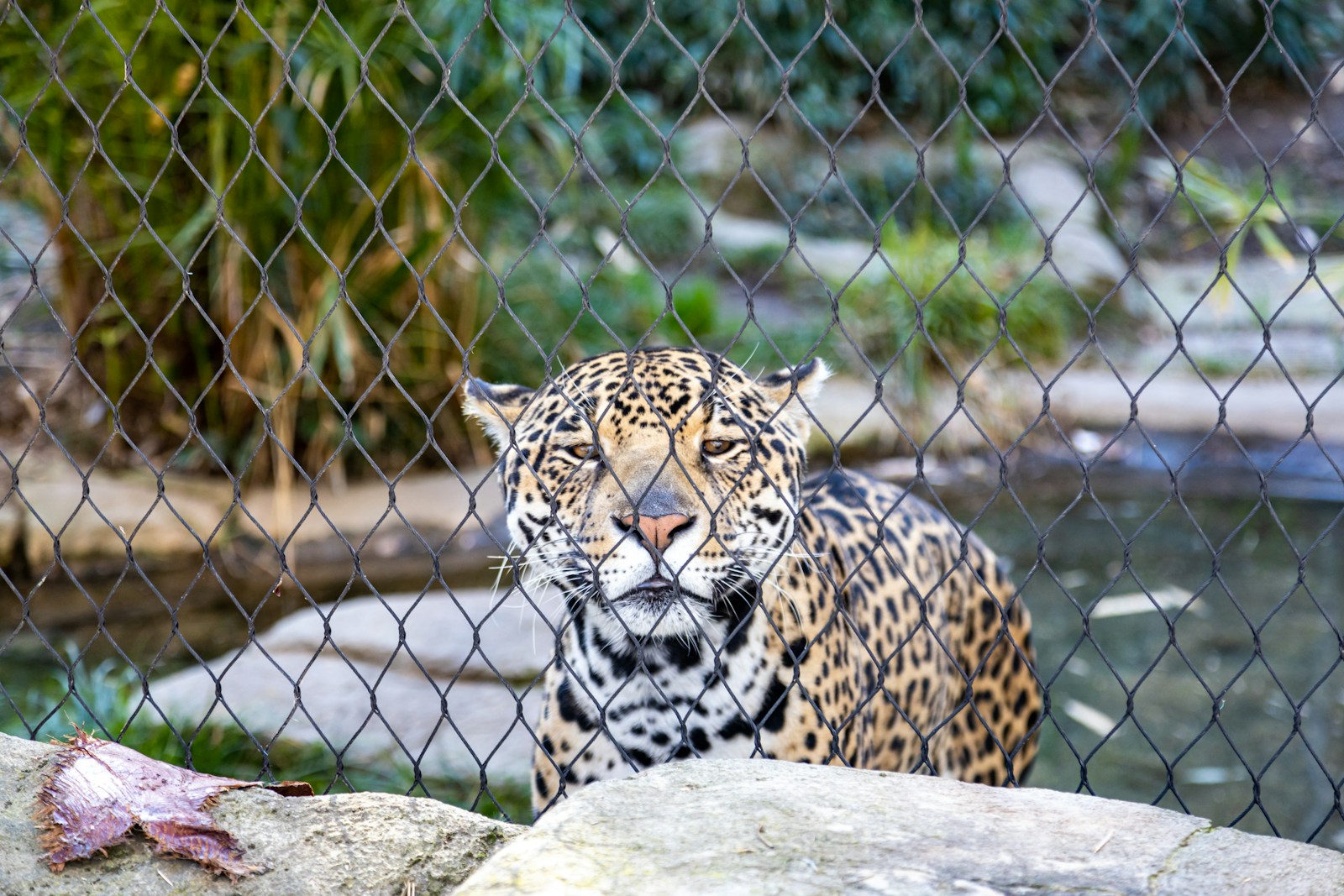
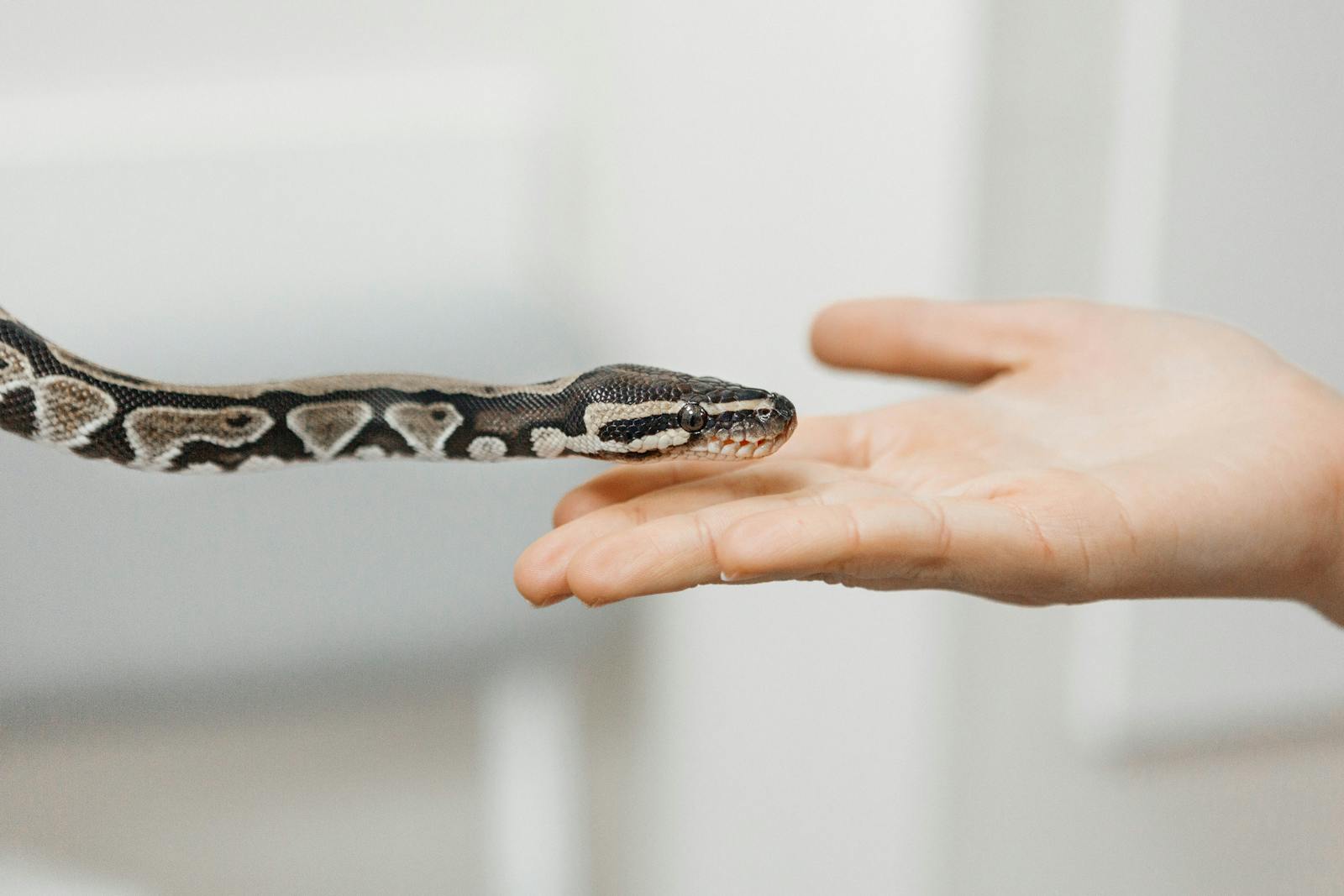
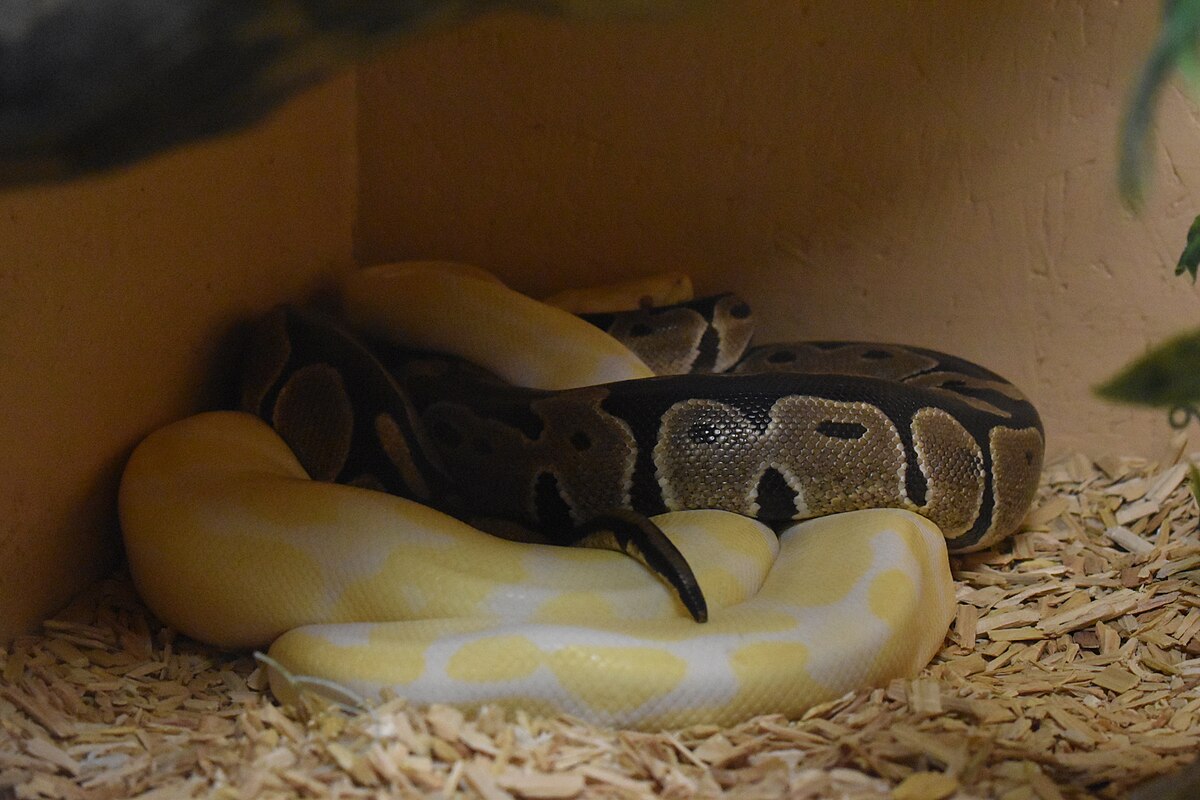
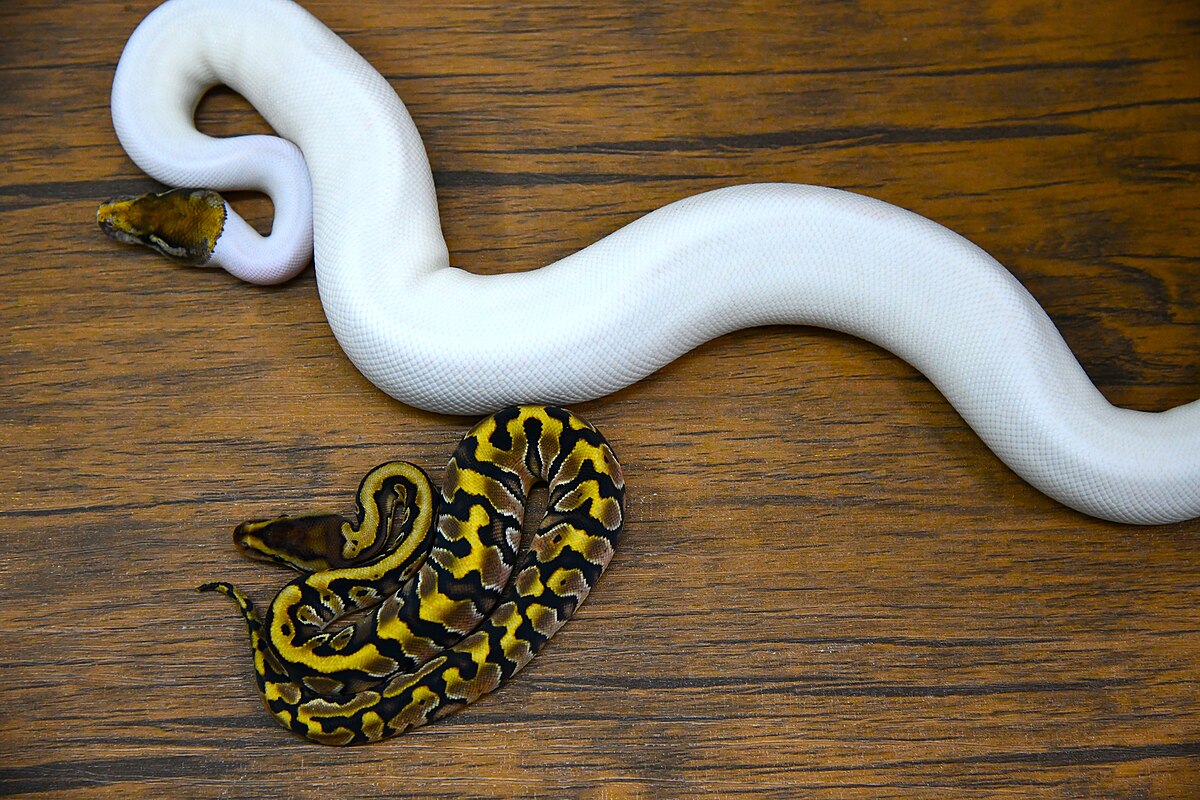
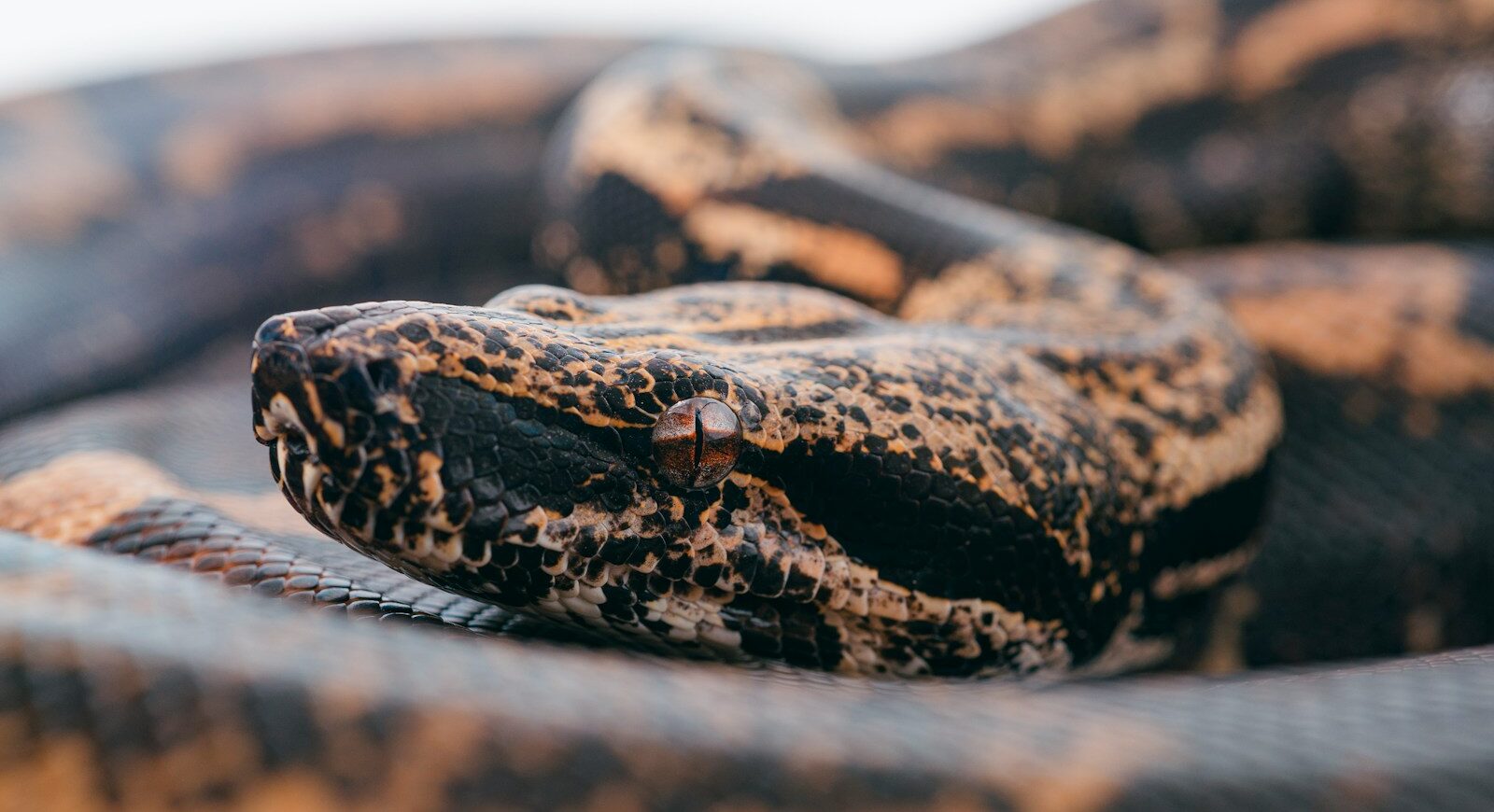
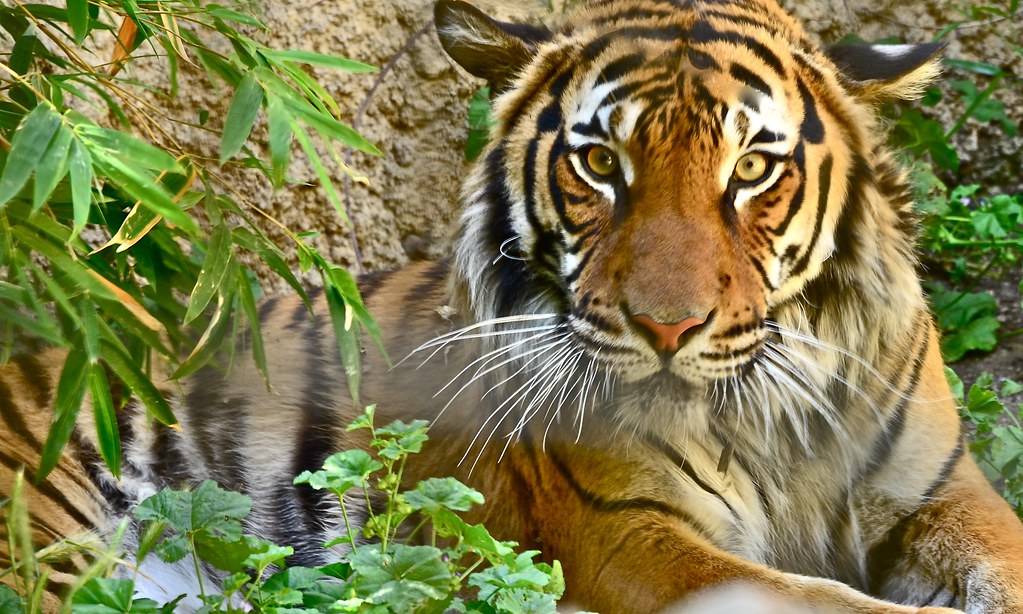
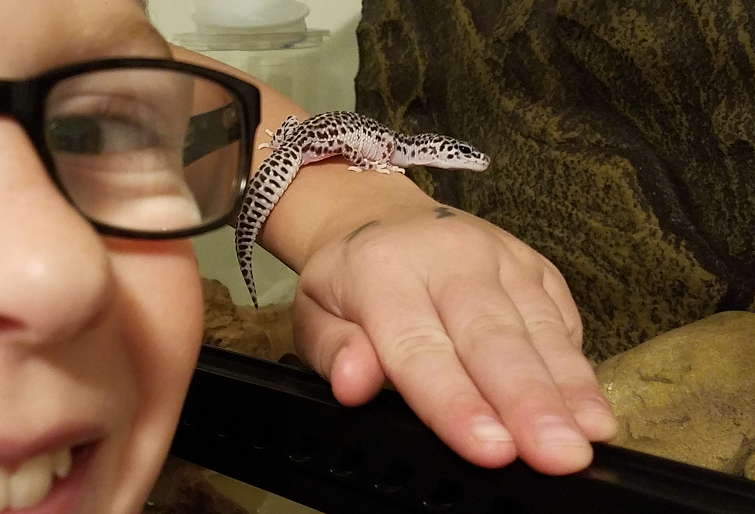
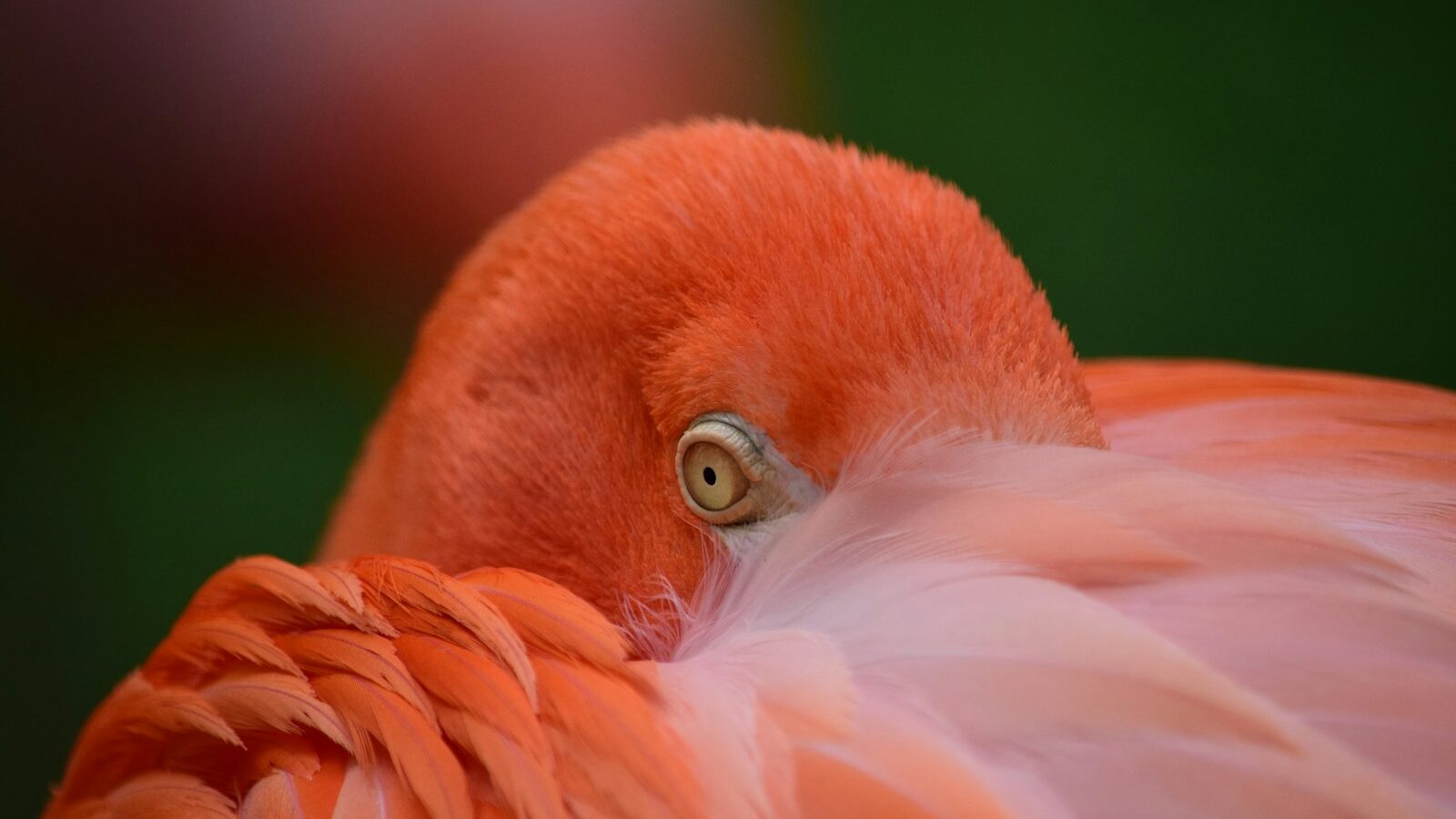
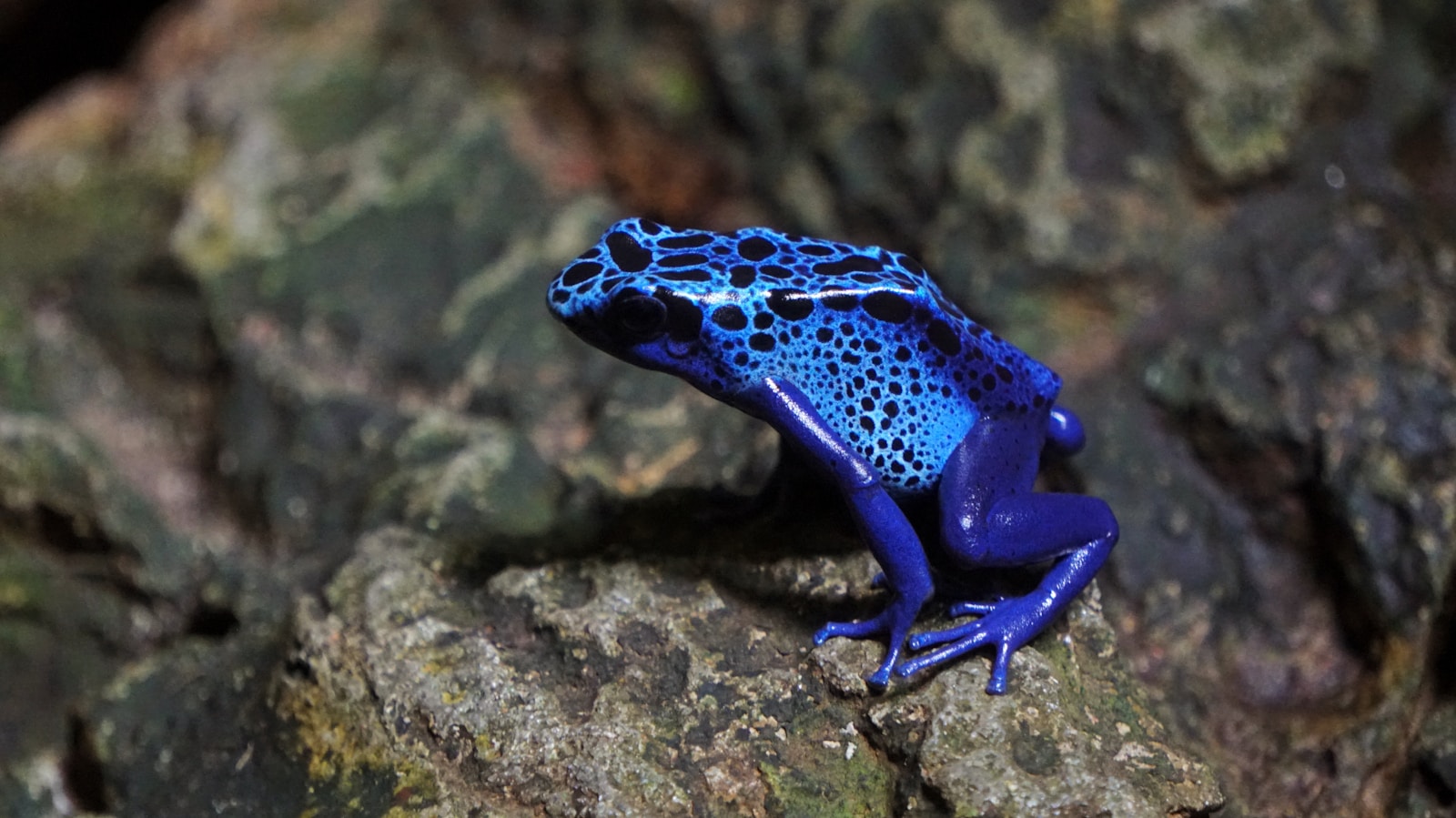
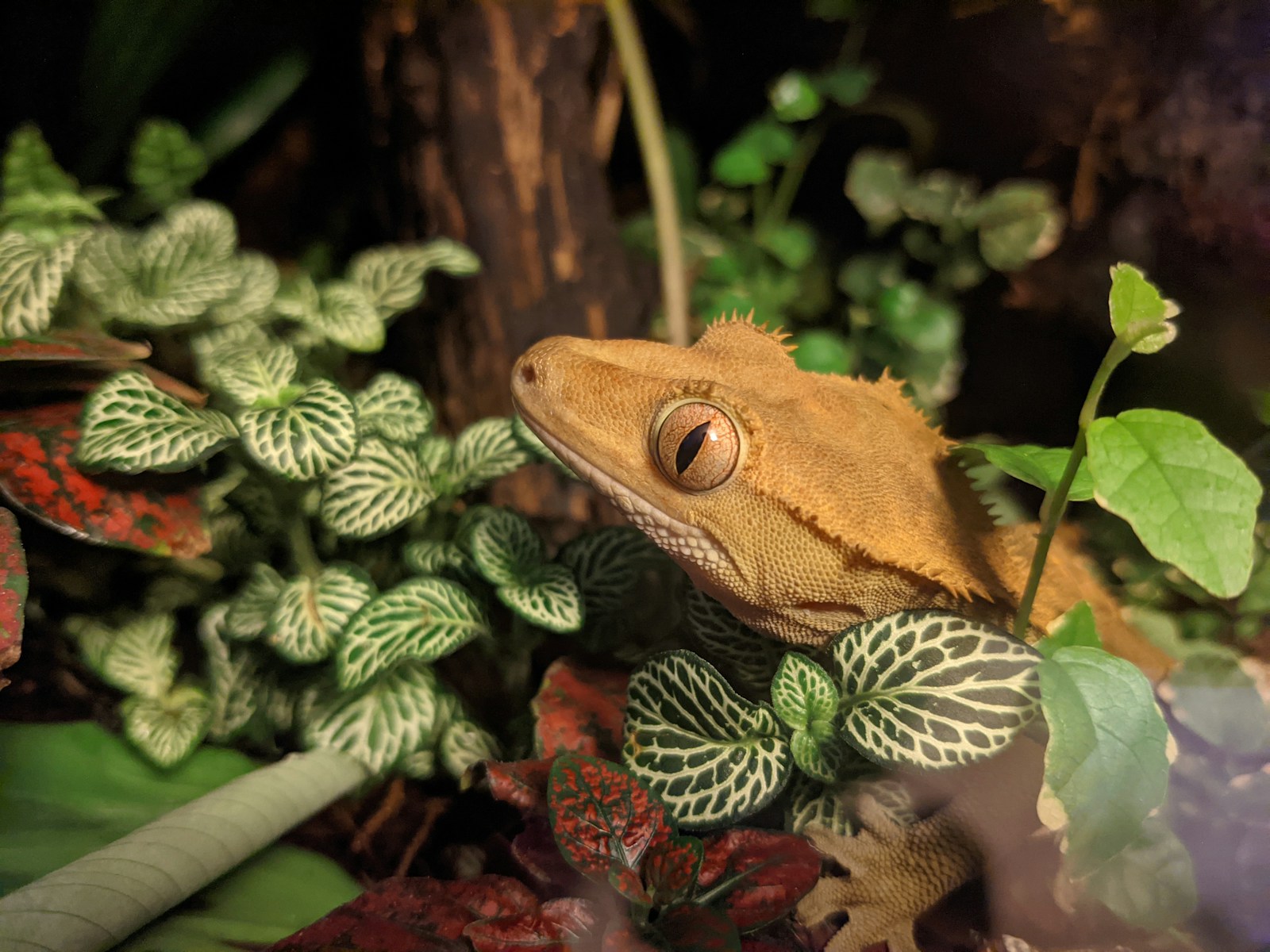
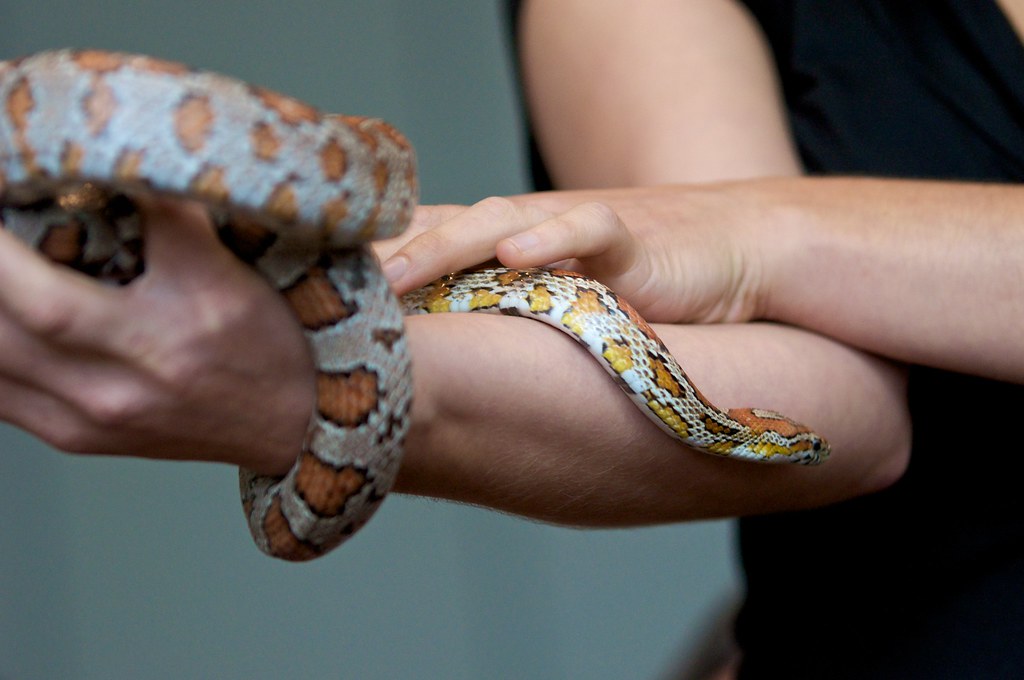
Leave a Reply